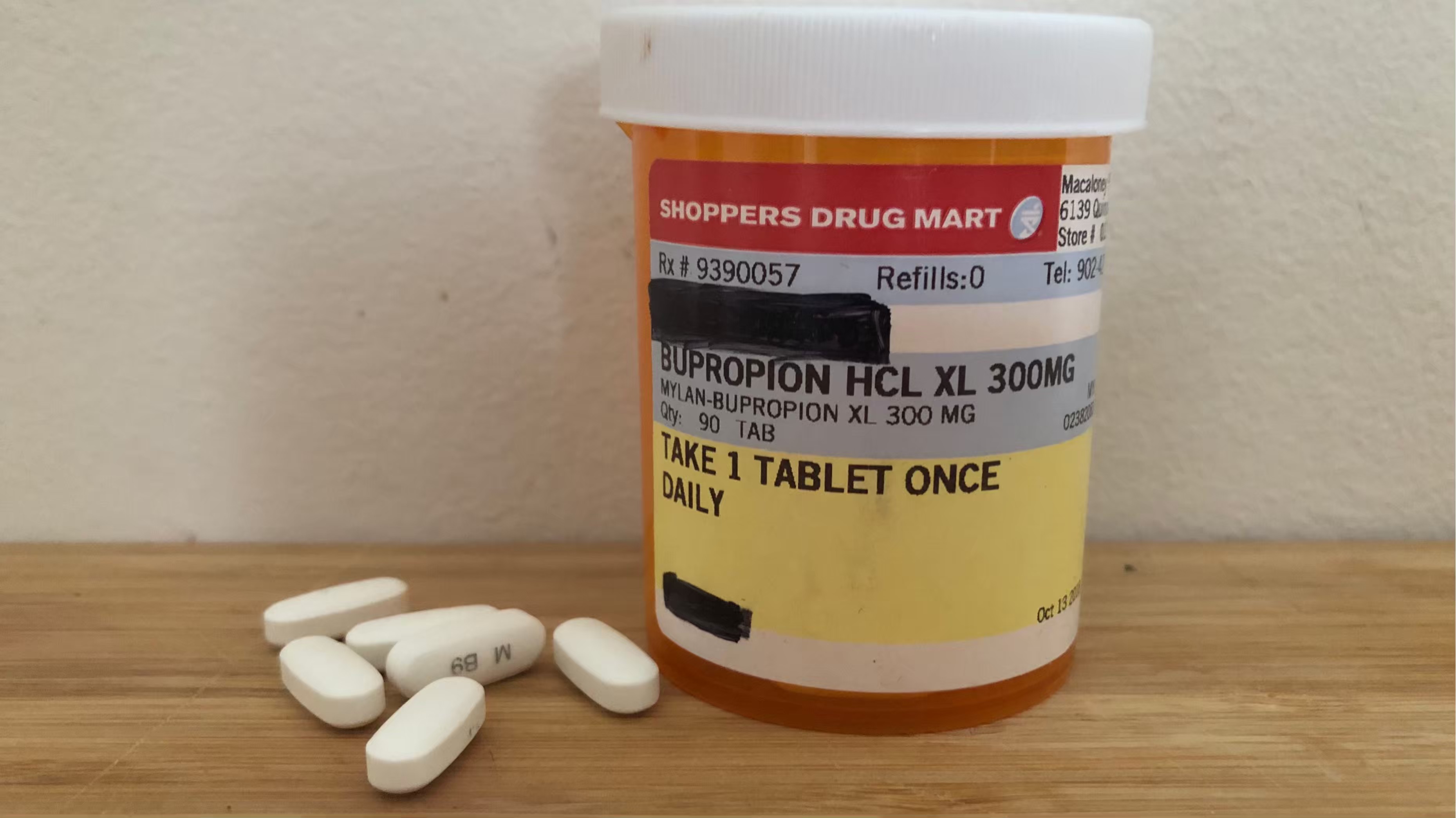Health
Third Wellbutrin shortage declared within two months
Generic and brand name manufacturers of antidepressant struggling to stock pharmacies

caption
Generic brand bupropion extended-release tablets are in short supply.A continuing shortage of the common antidepressant Wellbutrin XL is leaving patients and pharmacists across the country looking for alternatives.
Bausch Health declared another shortage of the name brand bupropion drug on Jan. 10. Its listing on the Canada drug shortages website comes only 20 days after the previous shortage was resolved on Dec. 20.
Bupropion is a common prescription medication used to treat major depressive disorder and to prevent seasonal affective disorder.
There have been several shortages of the generic and name brand extended-release tablets since 2017.
Curtis Chafe, president of the board of the Pharmacists Association of Nova Scotia and a practising pharmacist for 19 years, said the shortage of a brand name medication indicates the shortage is a lasting problem.
The generic and name brand forms are interchangeable medications, he said. But once the generic supply gets used up, it’s only a matter of time before the brand name runs short too.
“The name brand ends up with a shortage because they can only forecast their need so far out, and it’s not as simple as turning on the factory lines and pumping out more product,” said Chafe.
Pharmacists react
As pharmacies across Canada wait for a new supply, some patients have been left with the choice of either changing their prescription or going without.
New Brunswick resident Crystal Taber no longer takes Wellbutrin because of the shortage. She said her pharmacist requested a new prescription directly from her doctor.
“She had given them another prescription which is a similar product … but it does have different side-effects,” Taber said. “Basically, I think it was the only option.”
Chafe said it’s up to pharmacists to decide how to handle the shortages, but the goal is to keep the patient on therapy, with as little disruption to their routine as possible. This can range from switching brands to altering doses or looking for related medications rather than taking nothing at all.
Taber decided on her own to reduce her dosage of the new drug because of its potential side-effects, “just to be cautious.”
Shortage of generic manufacturers
All five bupropion manufacturers with declared shortages have said an increase in demand was the cause of at least one shortage, and they’re struggling to keep up.
In an email, Bausch Health said it has “increased production of our product to try to fill the gap in product supply caused by the shortages of generic manufacturers, but does not have the capacity to completely fill that gap for patients.”
The Canada drug shortage website lists two generic bupropion medications, but says they are expected to be back on the market in March and May, respectively.
Bausch Health estimates it should have new supply in circulation by Feb. 11.
One in four
A recent study from the Canadian Pharmacists Association found one in four Canadians have been “touched by drug shortage,” having been either personally affected or knowing someone who has, in the past three years.
Epi-pens, acne medications and antidepressants are some of the common medications with inconsistent supplies.
“It’s not like we get a notification,” said Chafe of how pharmacies are left to deal with manufacturing shortages.
“Usually it’s when you go to order something and you realize the warehouse is out and by that time the supply has been short for quite a while.”

